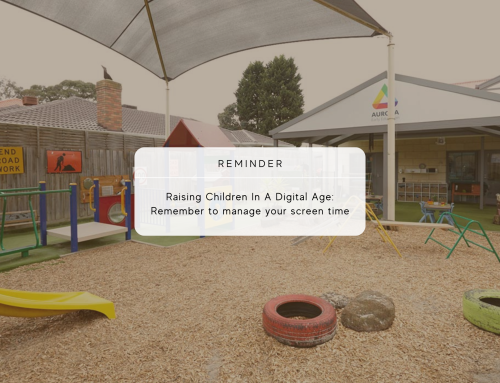As the Covid-19 pandemic continues to evolve, we as caregivers and parents need to consider how the situation is impacting our children.
The growing concern might cause anxiety among children, and it’s important to acknowledge their concerns and help them navigate their emotions and thoughts.
This will not only help ease their worry in tense situations but also make them mentally strong and proactive to face a variety of challenges.
Here’s what you can do to build your child’s resilience:
Stay Calm and Don’t Panic Yourself

As anxiety is an inevitable part of human nature it can be quite difficult to calm the mind when needed.
However, we should remember that when left unchecked, our own alarmed reactions can cause unneeded anxiety in our children.
The best way is to keep yourself calm and manage your own anxiety first before talking about the outbreak with your children.
By making yourself aware that your own view about the pandemic is helpful and informed you can appear more emotionally steady for your children.
Ask Your Children What They Already Know
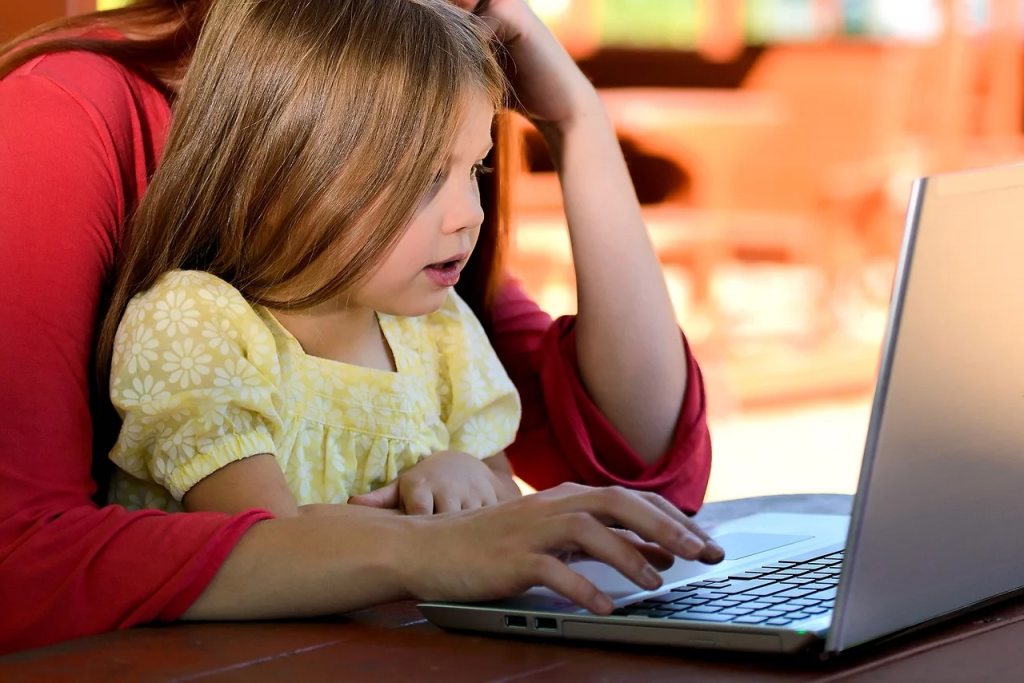
Little children are inquisitive so it’s likely that they already might have a rough idea about Covid-19 made up in their heads, or what impact it might have caused to the surroundings.
Before sharing your own views, take some time to understand what they already know or fear about the virus.
When asking questions, try to keep them short and crisp and on par with your child’s experience of understanding it.
You can also ask questions based on your child’s age group. For younger children, you can ask questions like “Do you know about the germ spreading around that’s making people ill? The doctors say we should wash our hands daily to stop it.” For older children, you can ask “Is everyone talking about the new Coronavirus? What are they saying?”
Such questions can give you an idea about what your children know about Covid-19 and whether they have the right information or not. Knowing where they learned the information can help you correct your kids and train them to distinguish between authentic news and rumors.
This video by Dr Michelle Dickinson will help introduce correct information about Covid-19 to your children.
Help Children Learn to Label Their Emotions
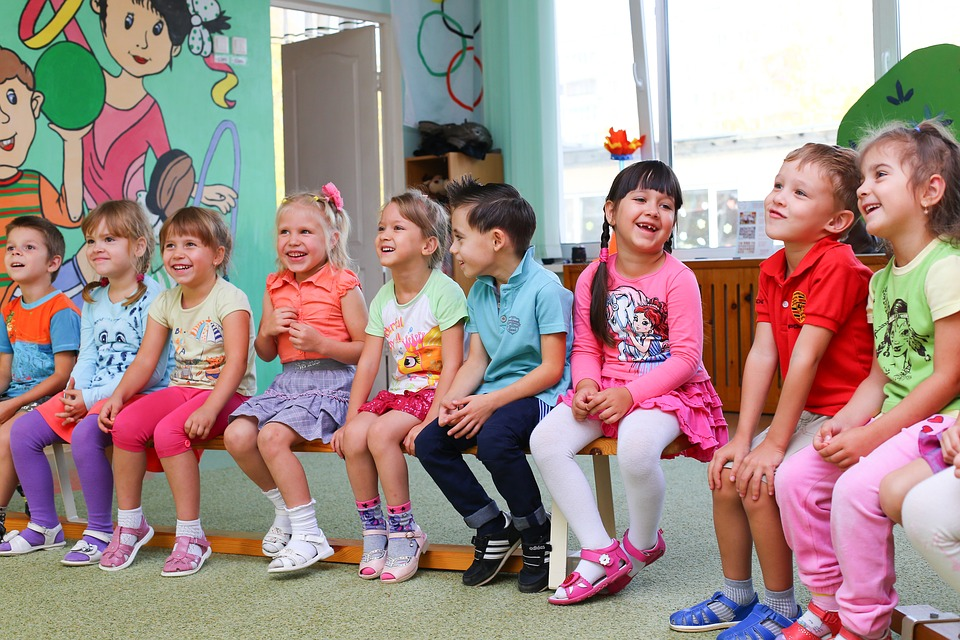
Stress or anxiety affects not only our own emotions but also our children’s which makes it necessary to keep them in check.
Teaching your children to label their emotions can help them manage them
Labeling emotions provides your children with a bigger picture of what’s going on in their minds.
With labeling, your children can add the information curated to their thought process, gain valuable insights, and make thoughtful decisions without feeling stressed out.
You can teach your children the importance of each feeling. Just reassure them that it’s completely fine to feel sad or anxious and that bad feelings come and go.
Teach Children Coping Skills
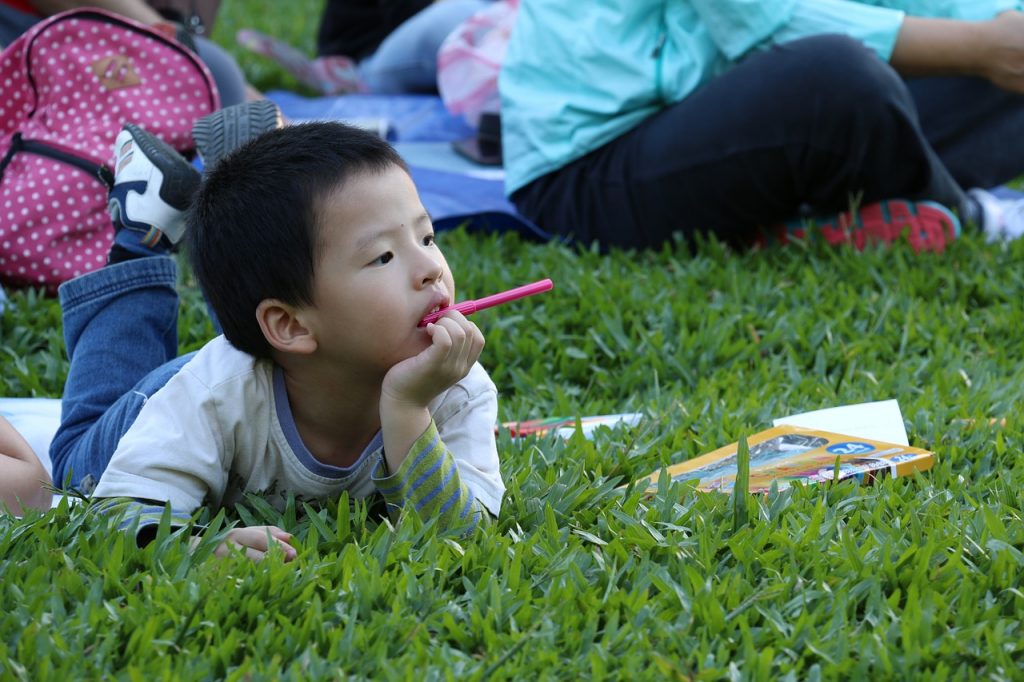
Situations like a pandemic outbreak can be a good opportunity to teach children valuable coping skills.
For starters, you can incorporate simple mindfulness techniques in children’s day-to-day activities. For example, if your child likes to draw or paint, you can teach them to draw mindfully by being aware in the present moment.
You can also create a daily schedule for fun learning activities your child likes. Engaging your child in brain games such as puzzles can sharpen their logic and problem-solving skills. This will help children engage their attention in something productive and proactive.
The Victoria State Government has some great advice on stimulating learning from home.
Another vital coping skill you can teach your child is practicing gratitude. Gratitude can help reduce anxiety and increase empathy.
Mimic Resiliency to Teach It Better
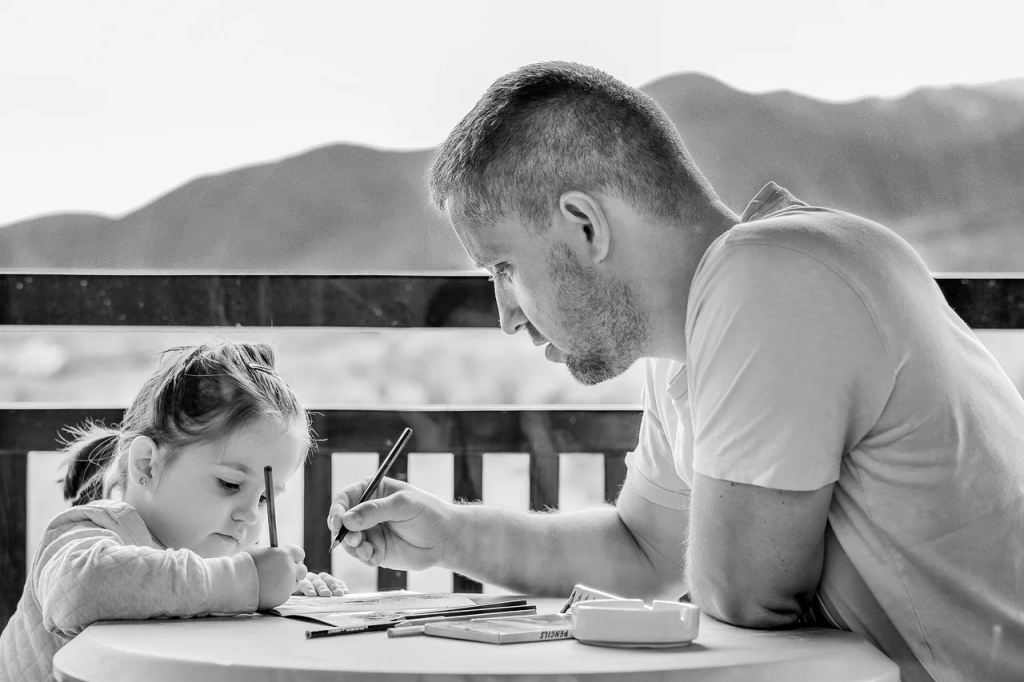
What could be a better way for a parent to teach resilience to their children than modeling it themselves?
Since children often learn by looking at actions performed by adults, try to perform those coping and calming strategies yourself and ask your child to mimic it themselves.
Ask them to relate a new skill with something particular they’ve already witnessed or done.
If it’s deep breathing, show them how it’s done step-by-step, either with the help of drawings or gestures.
Practicing resilience on an everyday basis will help your child grow mentally active and stronger to face challenges.
Final Thoughts
As the impact of Covid-19 spreads far and wide over the world, anxiety will remain an unavoidable factor for many.
However, by using the right strategies and techniques, you can make your child more cautious and ready during times of an epidemic outbreak.
Make sure you incorporate the above tips and provide emotional support to lessen anxiety and make your little ones more resilient and proactive to Covid-19. Remember to maintain social distancing as far as possible, wash your hands regularly and self-isolate if you are feeling unwell.
Find out more information on building children’s resilience here.
Have a trip to our centres:



